Nordic Aquafarms announces first-phase investment of $150 million, plans to launch production in 2020
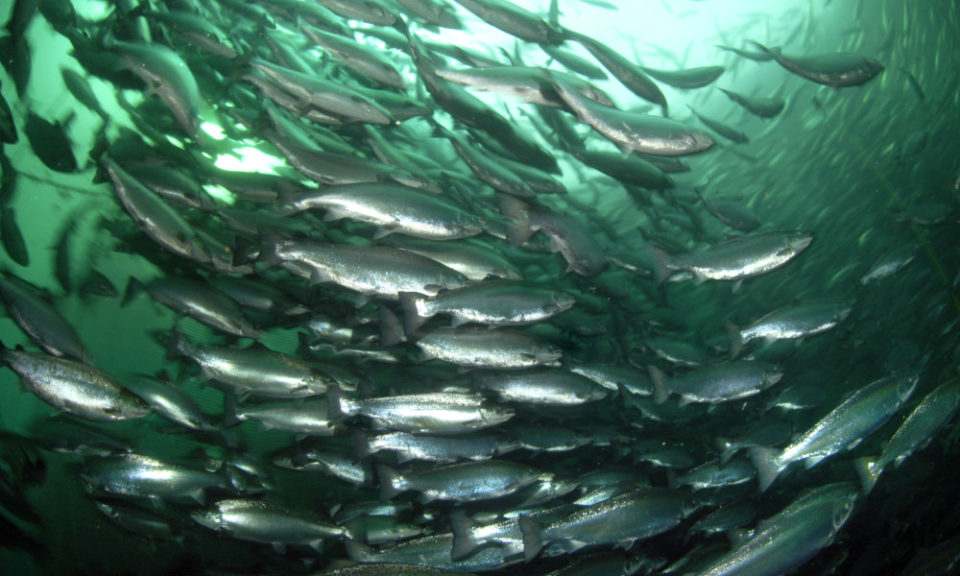
When Nordic Aquafarms was seeking to expand its aquaculture-production operations internationally, the Norway-based company had the United States in its sights from the very beginning.
The reasons were simple, according to CEO Erik Heim: The United States is a big market for premium seafood products, particularly farmed salmon, and has built up a sizeable trade deficit in importing the product from Norway, Chile, Scotland, Canada and other countries.
Maine – at the very northeast corner of the country and with a small and tightly regulated ocean net-pen salmon farming industry of its own – turned out to be the perfect place after a six-month search. But Nordic will be bringing something to Maine that’s new: a salmon farm that operates on land.
Heim, who provided a disclaimer to the Advocate when he said that he has “no opinions about the sea pen industry,” is one of a growing number of land-based aquaculture proponents who forged ahead when popular opinion held sway – initial capital outlay and ongoing operational costs would simply be too high, critics contended, and that the advantages of net pens was too great.
Heim said there’s been a lot of innovation in the land-based sector, as well as a “significant call away from sea pens.” Moreover, concerns about scaling up on land are dissipating. “It’s starting to prove itself,” he said of land-based technology.
Make no mistake, it’s not going to be cheap for Nordic to bring a land-based farm to full-scale operations in Maine, which beat out other locations like Japan, China, Ireland and Spain. Some $150 million has already been raised for the first phase of operations – a hatchery and processing facilities – and Heim estimates that it’ll take up to $500 million before all is said and done.
Raising that level of capital is challenging, he said. Equally challenging is assembling the right design, management and operations teams to see the project through, said Heim. There’s a “learning curve” that is unique to farming fish on land, one that requires the right technology and experience to master.
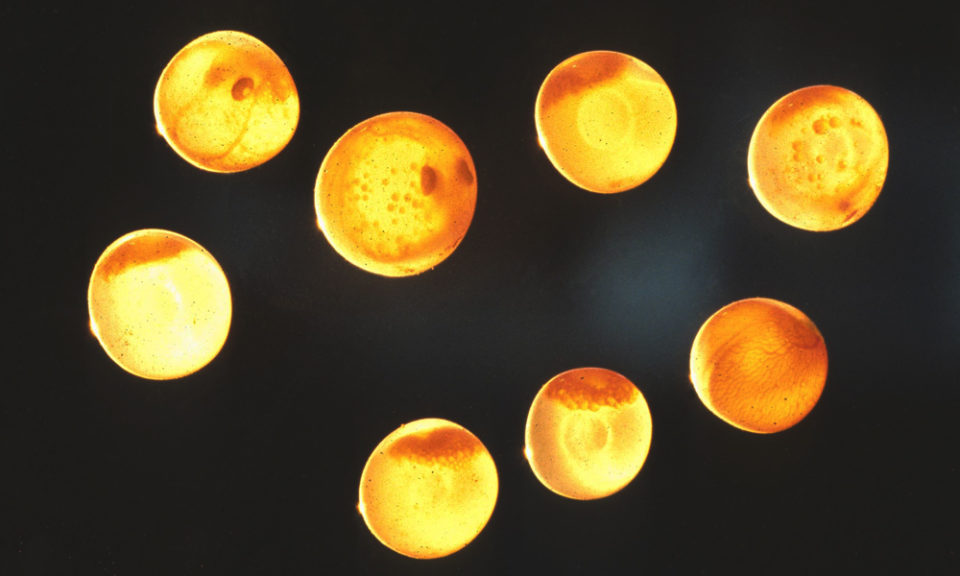
“If you go up in scale on land, you can get to within close proximity to sea pens” in terms of volume, said Heim, agreeing that there’s no “magic number” in terms of annual production capacity to make a land-based farm profitable. “But you’d need a world-class team to work through the engineering and operations. There are lots of pitfalls you need to understand to make it work.”
The company, which operates two land-based farms, including a yellowtail kingfish farm in Denmark, is confident that it has the answers. In late January, Nordic Aquafarms entered into an agreement for a 40-acre site in Belfast, in Maine’s mid-coast region, about a three-hour drive north of Boston, Mass. Belfast has abundant access to sea- and freshwater resources that are a good match with land-based aquaculture requirements, said Heim.
When complete, it will be one of the largest such facilities in the world, Heim said, bringing 60 jobs to the rural coastal town of just 7,000 residents during the first phase. At full-scale operations, there could be well north of 100 jobs at the site, with 30,000 tons (60 million pounds) of annual production capacity.
“The reception in Maine has been tremendous,” he said, adding that nonprofit organization Maine & Co. played an “instrumental” role in connecting the company to the right people, including Congressional representatives, for support.
“Aquaculture is a growing force in Maine’s economy, bringing new jobs and opportunities to our state’s fishing industry,” said U.S. Sen. Angus King in a prepared statement. “Nordic Aquafarms’ facility will build on our state’s rich fishing traditions and promote innovation and sustainability that can help Belfast and the surrounding community thrive. This is an investment in Maine people, Maine jobs, and the future of our economy.”
“We have experienced a great attitude and commercial willingness from our Maine counterparties,” added Chairman of Nordic Aquafarms, Lars-Henrik Røren.
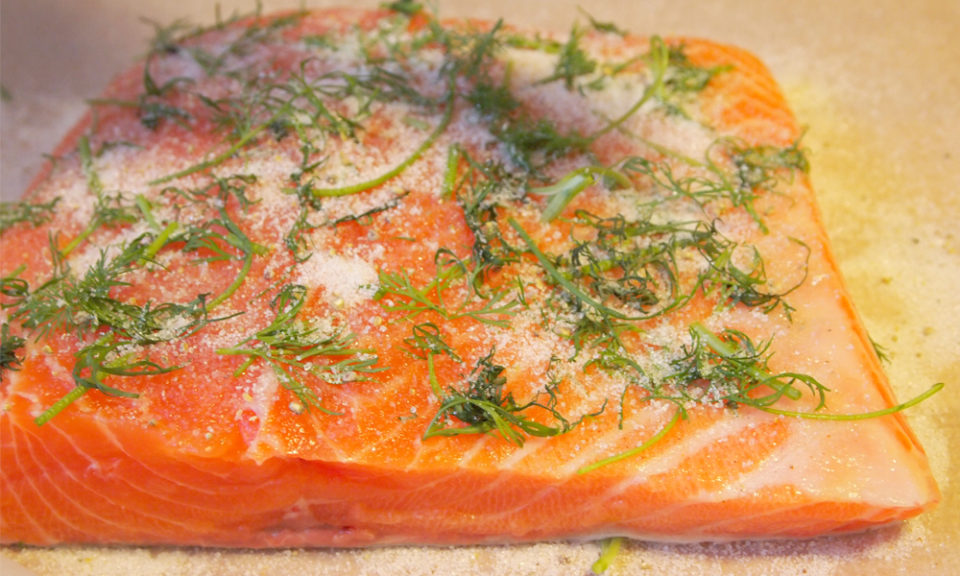
Peter DelGreco, president and CEO of the nonprofit Maine & Company, said Maine is definitely open for aquaculture business, and that the state and city of Belfast have been “willing partners” in this venture.
“There’s been a lot of aquaculture activity in the last year or so,” said DelGreco. “For any place in the Northeast [United States] that’s big on local control, the goal is to find the right communities that are excited for this type of project. The last thing any of us want to do is bring a project to a location that isn’t excited for it. If it doesn’t fit the fabric of the community, it won’t be successful in the long term.
“Maine has a traditional heritage of fishing,” DelGreco continued. “Being able to do this level of production without impacting the existing groundfishermen and lobster fishermen is very attractive to the state.”
Nordic’s production system will have a low-impact discharge of water free of chemicals and medications, renewable energy solutions and recycling of all waste resources. “We look forward to becoming a responsible and contributing member of the Maine seafood industry,” said Heim.
The first phase of construction, which would allow the farm to produce 13,000 tons per year, will be the largest land-based facility project ever raised in one construction phase. Housing some of the largest aquaculture tanks in the world, it’s currently being designed in Norway, with construction expected to begin in 2019.
“This is a large project that will place great demands on Nordic Aquafarms in the coming years. We are therefore stepping up investment in highly qualified people and international partnerships,” said Heim, who will serve as president of the U.S. subsidiary.
Heim said that leaders in the land-based aquaculture industry have shown a great willingness to share experiences, which buoys his confidence.
“This segment is based on the philosophy that we’re all in the same boat. And that we all want to see other operators succeed as well,” he said.
Follow the Advocate on Twitter @GAA_Advocate
Author
-
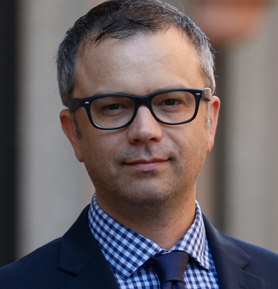
James Wright
Editorial Manager
Global Aquaculture Alliance
Portsmouth, NH, USA[103,114,111,46,101,99,110,97,105,108,108,97,101,114,117,116,108,117,99,97,117,113,97,64,116,104,103,105,114,119,46,115,101,109,97,106]
Related Posts
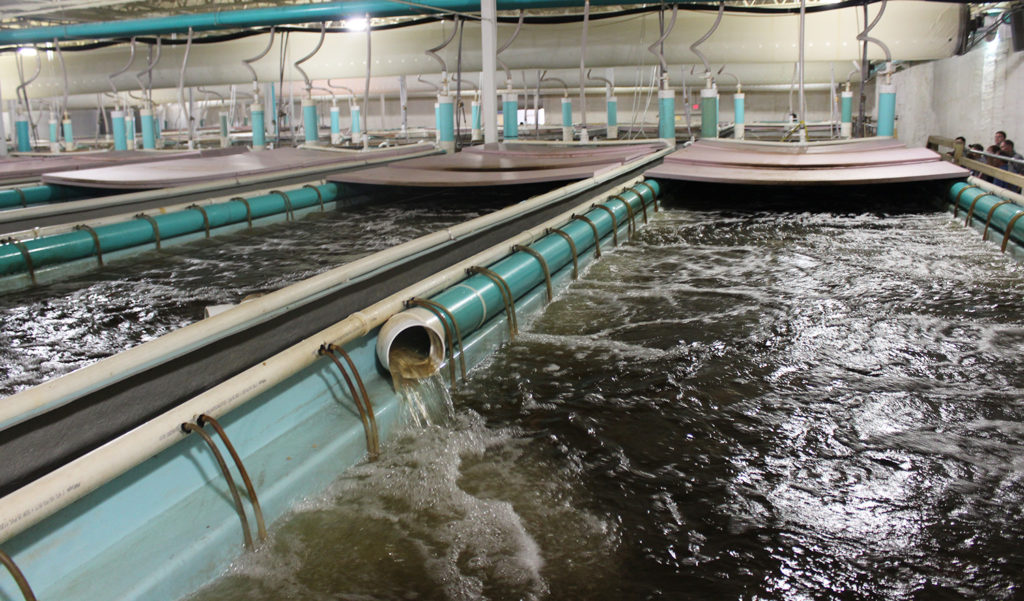
Innovation & Investment
What to do with empty big box stores? Turn them into fish farms
The Innovative Aquaculture Alliance aims to install fish farms in empty big-box retail stores and other abandoned real estate across the United States.
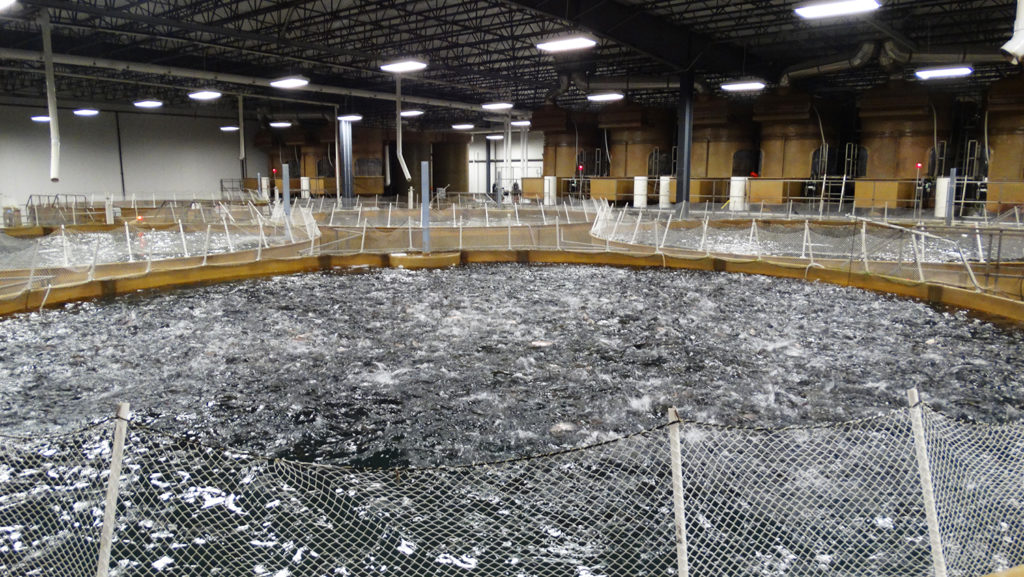
Innovation & Investment
AquaBounty, with new RAS facility, hopes to win public support for GM salmon
Ron Stotish, CEO of AquaBounty Technologies, believes genetically modified salmon is no threat to its opponents and the outlook for AquAdvantage is good. With its purchase of the Bell Fish Co. RAS facility, commercialization will soon commence.
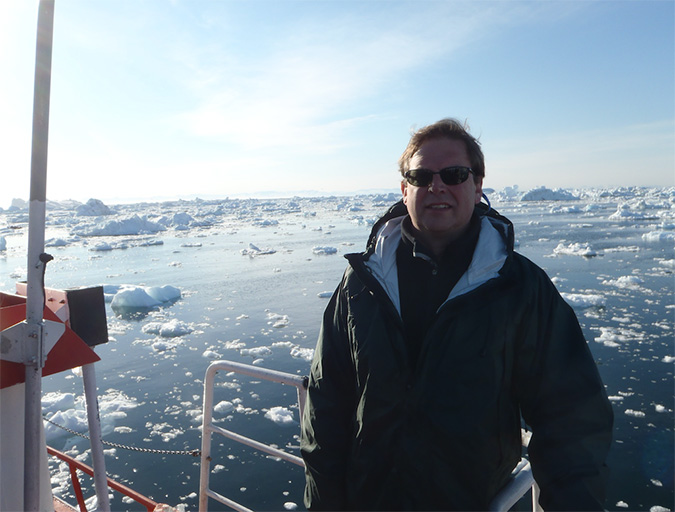
Innovation & Investment
Aquaculture Exchange: Sebastian Belle
The executive director of the Maine Aquaculture Association talks to the Advocate about the diverse and growing industry in his state (oysters, mussels, kelp, eels and salmon) and how aquaculture should be used as a rural development tool.
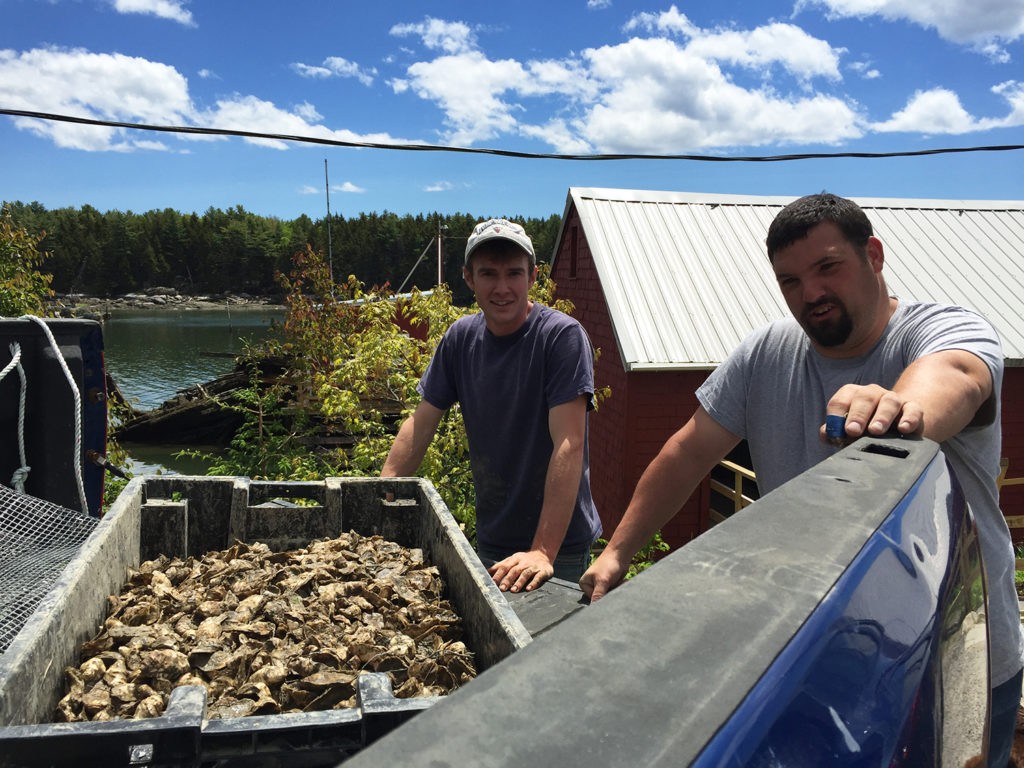
Responsibility
Repurposing Maine: Aging fishing facilities find new life with aquaculture
Some Maine lobster fishermen are turning to aquaculture in a quest to diversify and give defunct lobster pounds a second chance to produce local seafood.

